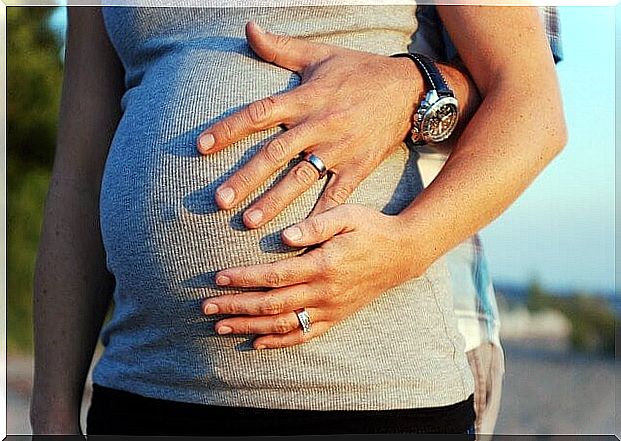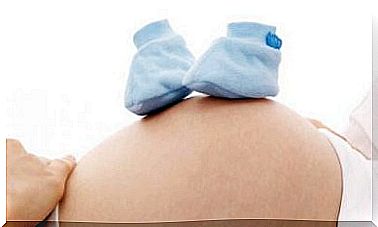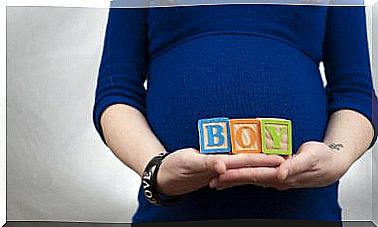Emotions That You Transmit To Your Baby

If the mother uses drugs or alcohol, this can adversely affect the baby. But emotions also influence, for example: if the mother is happy, sad, stressed, with depression it can be harmful or beneficial for the baby, depending on the positivity or negativity of the emotion. On this occasion, we will learn the emotions that you transmit to your baby, whether they are good or bad.
The emotions
Emotions are reactions that show our perception towards certain individuals, objects, places or events. These psychologically alter our body. For example: they alter attention, make certain behaviors rise in rank, activate networks associated with memory. That is why we have immediate responses from our body towards some things like when our facial expressions change, muscles, our voice, endocrine system.
It is that the various emotional states are caused by the release of a neurotransmitter and hormones, which then convert these emotions into feelings and finally into language. Emotions serve to establish our position with respect to our environment, and they propel us towards certain people, objects, actions or ideas and move us away from others. Emotions act as a repository of innate and learned influences, and have certain invariable characteristics and others that show some variation between individuals, groups and cultures.

Harmful Emotions
Stress
A study has shown that the stress that a pregnant woman experiences from arguments with her partner , the arguments of other people in front of her, physical or verbal aggressions, these cause adverse effects on the mental development of the unborn child, causing infant stress.
Nervous tension
The emotions that you transmit to your baby affect him, for example: from overwhelmed mothers, overwhelmed children. And it is that the development of the fetus can be affected if the mother lives with high levels of nervous tension.
Studies indicate that overwhelmed mothers are more likely to give birth prematurely. They also state that “relaxation exercises can help reduce blood pressure in tense pregnant women and thus promote a healthier uterine environment . “
Anxiety
An anxious mother can influence her child’s IQ and this can lead to mental illness, hyperactivity and attention deficit syndrome. This happens because the placenta works as a kind of protective envelope but negative emotional states cause the mother’s body to produce a hormone called CRH, the pituitary secretes another hormone ACTH, this orders the adrenal glands to release cortisol by putting in alerts the body.
Cortisol is toxic to the fetus and when the levels are very high they pass the protective barrier that is the placenta and this hormone reaches the baby indicating that it is in danger. The baby has to respond, which is why some babies cry more often, are more susceptible to stress, and show high levels of anxiety. The mother’s Anxiety alters her blood flow and for this reason less blood reaches the baby and her intellectual development is at risk.

Positive Emotions
Positive emotions give the baby a strengthening and long-lasting effect. The more happiness and harmony your child finds in the home, the happier and more welcome he or she will feel. The people around you can inspire in you hope, confidence, faith, security, stimulating factors in the emotional and mental health of your baby.
But something really important is the smile. That’s right, a smile is very important. It influences both who directs it and who receives it. A pleasant smile may ease anxiety and be like the safety valve on a pressure cooker . If we are tense or frustrated, a smile will help us lessen that tension and overcome frustration.
The emotions you convey to your baby have a detrimental but also positive influence, and everyone in the household can contribute.









